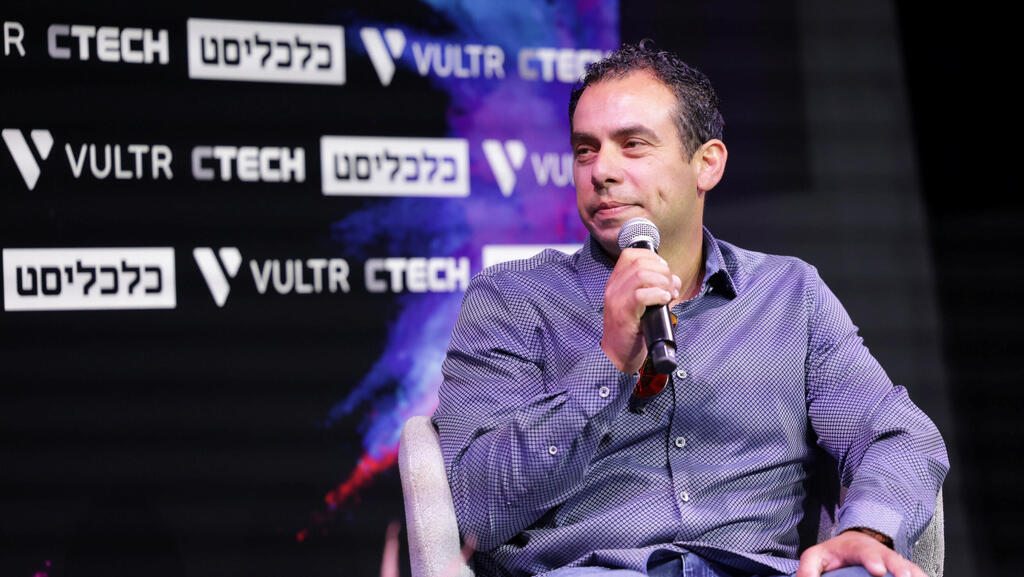
Nvidia SVP: “We’re always concerned we are not fast enough or good enough”
Amit Krig, SVP networking software and Nvidia-Israel site leader, added that “no one offers a complete end-to-end solution like ours, and that is our biggest advantage.”
"This is the first time we've had alarms go off in Yokneam in the middle of meetings," shared Amit Krig, Senior Vice President networking and Nvidia-Israel site leader, in a conversation with Sophie Shulman, as part of Calcalist's AI conference.
"We continued the meeting as usual, and there was even one where some people were attending from home. The company asked if everything was okay, and we said we were working as usual, though it does create an uncomfortable feeling. We try to continue with our day-to-day work."
Where is Israel on the AI map?
"The human capital here is amazing, which is why Nvidia acquired Mellanox. However, in terms of technological infrastructure and startups that build AI layers, we are quite weak. As a leading tech company, we have the capability and the responsibility to improve. We need to develop infrastructure and build strong companies in this field. Israel needs AI infrastructure, which relies heavily on the hardware and software that Nvidia uses to develop models and technologies. AI companies need greater investment, and in turn, that requires a stronger national infrastructure."
You launched your supercomputer in Israel—does it benefit Israeli companies?
"We established Israel-1, our supercomputer, at the end of 2023 to optimize network technology—historically developed by Mellanox—to enhance the performance of AI models. It’s already running excellently, and we’ve collaborated with many companies. We hope to make it available to more businesses and partners. This is just the beginning, but it's still not enough in terms of national infrastructure."
Do you expect more government investment?
"There are massive requirements for electricity infrastructure that need to be addressed. I expect significant national infrastructure initiatives because the entry threshold for AI is very high."
Related articles:
Do we have sufficient talent in Israel?
"I think so, but we must continually invest and nurture as many engineers as possible."
Is it difficult for you to recruit employees?
"We're hiring a lot. This year alone, we’ve recruited hundreds of employees, and we plan to hire hundreds more next year. We receive a steady flow of resumes. I know that startup companies are facing more difficulties compared to previous years. For companies with 20-30 employees, it’s harder to attract talent because many people prefer the stability of larger firms."
Has Intel's crisis affected you?
"People have moved over to us from Intel in the past, and they continue to do so now. I worked there too, and I sincerely hope they can recover from the crisis."
Isn’t the AI sector a bit of a bubble?
"As a technologist, I see the utility of AI. In the past, everyone needed a laptop; now, everyone has a phone, and soon, we won’t go a day without using AI. Almost everything today can be powered by AI, whether it’s a recommendation system or something else. It’s becoming part of every company’s infrastructure. AI requires a lot of training and rapid calculations, but the end result is that our lives will become simpler as some tasks will be automated."
If it’s not a bubble, do you worry about the competition?
"We are always concerned. We’re constantly thinking we’re not fast enough or not good enough. There are excellent companies producing great products in every field, and we always evaluate the market to ensure we stay competitive and aim to be the best we can."
So, who is the best?
"There isn’t just one company. Many companies excel in different fields. However, no one offers a complete end-to-end solution like ours, and that is our biggest advantage. Several companies work together, but we stand out by providing the full package."